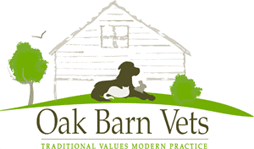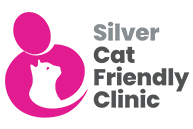As the darker nights begin creeping in and the countryside views are filling with the glorious colours of autumn, we thought we would highlight a few tips to help keep your pet safe this Autumn.
• Conkers
Conkers and dogs do not mix! Conkers are the seeds of the horse chestnut tree. A popular treasure with children for collection when out walking. The conkers contain a poison called Aesculin. It is not just the conker that contains the poison but in fact all parts of the horse chestnut tree, including the leaves.
In Autum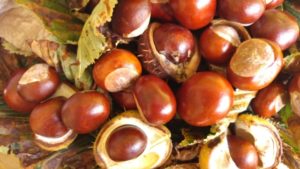 n cases of conker poisoning can occur. Normally symptoms start to show quite quickly after ingestion (1-6 hours) They can sometimes be delayed.
n cases of conker poisoning can occur. Normally symptoms start to show quite quickly after ingestion (1-6 hours) They can sometimes be delayed.
Symptoms include – Vomiting, Diarrhoea, Abdominal pain, reduce appetite, increased thirst, muscle tremors, and restlessness.
We would always advise if an owner suspected their dog has eaten conkers to seek veterinary help immediately. A medicine to induce vomiting maybe used to empty the stomach contents and the pet is likely to stay at the practice to receive support therapy such as Intravenous fluids.
Our top tip when it comes to conkers is to keep a close eye on your dog if they like to eat things when out and about! Encourage your pet to play with toys rather than conkers and finally, if you have children who collect them don’t leave them in areas that are easy to find.
• Mushrooms and Toadstools.
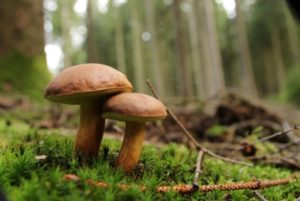
Some mushrooms are highly toxic to dogs! It can be hard for specialist fungi experts to identify between them so to ensure your pets safety it is best to avoid them all. Always seek veterinary advise if you think your pet has eaten mushrooms or toadstools.
• Acorns and Oak trees.
Acorns contain a toxic ingredient thought to be tannic acid. This can cause damage to the liver and kidneys. Exposure to acorns in autumn is common as they can be found all over the ground where there are Oak trees. If your dog has eaten acorns, signs can be vomiting, diarrhoea, abdominal pain and lethargy. We would advise you seek veterinary attention immediately. They can also cause an intestinal blockage.
• Fallen leaves.
As the leaves are changing colour it is inevitable that they will fall to the ground. There is nothing quite like a good walk through the woods, listening to sounds of crunching leaves! However, these piles of leaves can harbour bacteria and mould. Your dog having a play and rummaging through leaves can lead to gastrointestinal upsets. Something to be aware of!
• Seasonal Canine Illness.
What is seasonal canine illness? It is a mystery illness affecting dogs during autumn. The cause is unknown. It normally presents with vomiting, which is sometimes accompanied by diarrhoea and lethargy. Clinical signs often appear within three days of walking in a woodland area. Cases can sometimes become severe very quickly, and sadly some dogs do not survive. The illness is seen as early as August and as late as November.
Our advice to owners is –
• Closely monitor your dog’s health in the hours and days after walking in the woods, especially if you don’t normally walk there.
• Use a lead, keep your dog on a lead in the woods so that you can always keep an eye on them.
• Don’t hesitate. If you suspect your dog could have Seasonal canine Illness or is showing clinical sign of being unwell, please seek veterinary advise.
• Keep hydrated. Make sure your dog is offered water before you set off on your walk and after walking. Staying well hydrated may help if your dog is affected.
Dogs suffering from seasonal canine illness are likely to have a high temperature, as bacteria maybe involved, vets may prescribe antibiotics. With quick veterinary care and treatment most dogs recover well from seasonal canine illness.
• Anti-freeze.
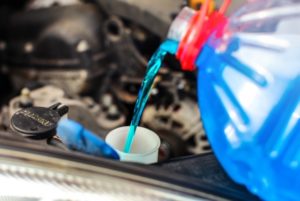
Ethylene glycol ingestion (anti-freeze) is very dangerous. It is sweet tasting and can cause serious damage to the kidneys. It can be fatal. The first sign of intoxication is your pet may appear drunk. If you suspect or know that you pet has had contact with Anti-freeze seek veterinary help immediately!
